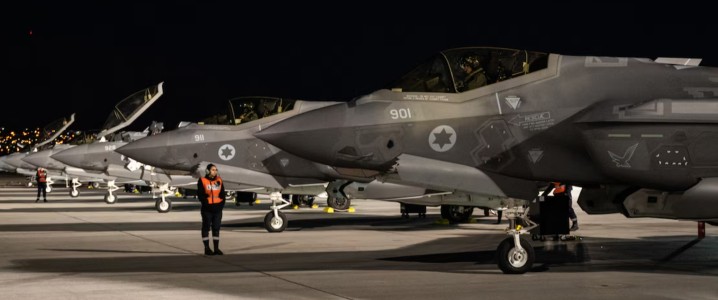Oil prices climbed on Tuesday after Israel carried out a rare and brazen strike in Doha, Qatar, an escalation that rattled global energy markets. WTI crude rose 1.37% to $63.11, while Brent gained 1.32% to $66.89.
Israel struck Hamas officials in Doha, according to reports — the first known Israeli attack to land on Qatari soil. The location alone raises the stakes: Qatar is home to a large U.S. base and keeps open political channels with Hamas. The strike has stirred talk of wider instability in the Gulf, a region critical to global energy flows.
Traders wasted no time adding a risk premium. Qatar doesn’t ship much crude oil, but it is a top gas supplier and a key player in the Gulf energy network. Any hint of trouble there tends to push oil benchmarks higher.
Analysts noted that markets are already contending with ongoing supply-side uncertainties—from OPEC+ output maneuvering to U.S. shale retrenchment—and the Doha strike added another layer of volatility.
The episode comes at a delicate diplomatic moment. Washington has leaned heavily on Qatar in recent years, relying on Doha as a go-between with Hamas and as a stabilizer in regional conflicts. An Israeli strike on Qatari soil not only heightens security risks but also complicates U.S. and European diplomatic calculations at a time when both are considering tightening sanctions on Russia’s oil trade.
For oil producers, the immediate impact is supportive of prices. But as one trader put it, markets are less worried about barrels missing today than about what this means tomorrow. If the strike signals a willingness by Israel to expand its battlefield into the Gulf, then the geopolitical risk premium could be back in force after a relatively quiet summer.
By Julianne Geiger for Oilprice.com
More Top Reads From Oilprice.com

